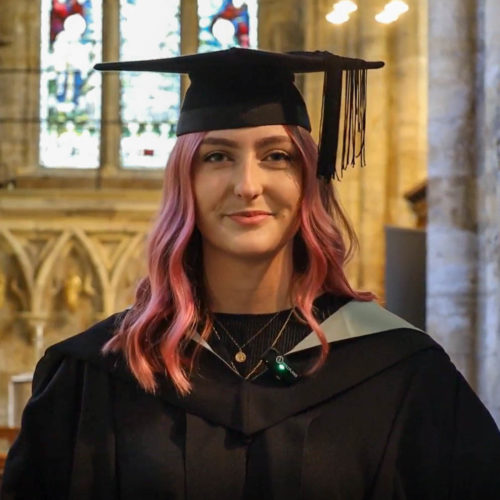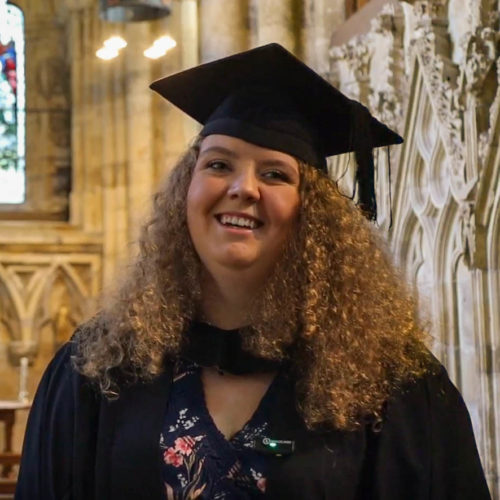This BA (Hons) top-up course is divided into specific areas which will allow students to further develop their individual pathways. These include Studio Practice, Dissertation and Enterprise.
The Studio Practice will provide you with the opportunity to stretch and challenge your creative thinking processes, through critical analysis and audience engagement. The negotiated dissertation will form your investigation into an area of arts practice relating to an area of specialism. Enterprise will be throughout where you will be expected to self-manage work experience alongside your studies. The aim is to provide you with the knowledge and skills to market and brand yourself alongside gaining an understanding of business accruement to successful work in the creative industry along earning from your own practice.
You will understand how to contextualise your practice and find your place within a dynamic industry. You will be continuously practicing and presenting your work in real-life situations, reflective of the breadth of possibilities for working as a professional. You will be able to utilise our industry links as well as forging your own as you launch your career. In addition to applying creative thinking to your work, you will confidently and professionally operate, manage and construct artwork relating to your individual specialism.
Creative professionals must now be equipped with specialist industry-focused skills to compete in the global studio and function within the creative industry. Our goal is to prepare you for a successful career within the creative industry. Building on previous knowledge and skills in art, design and media, the course is structured to provide opportunities across a broad academic and vocational base, deepening your knowledge and skills.
























